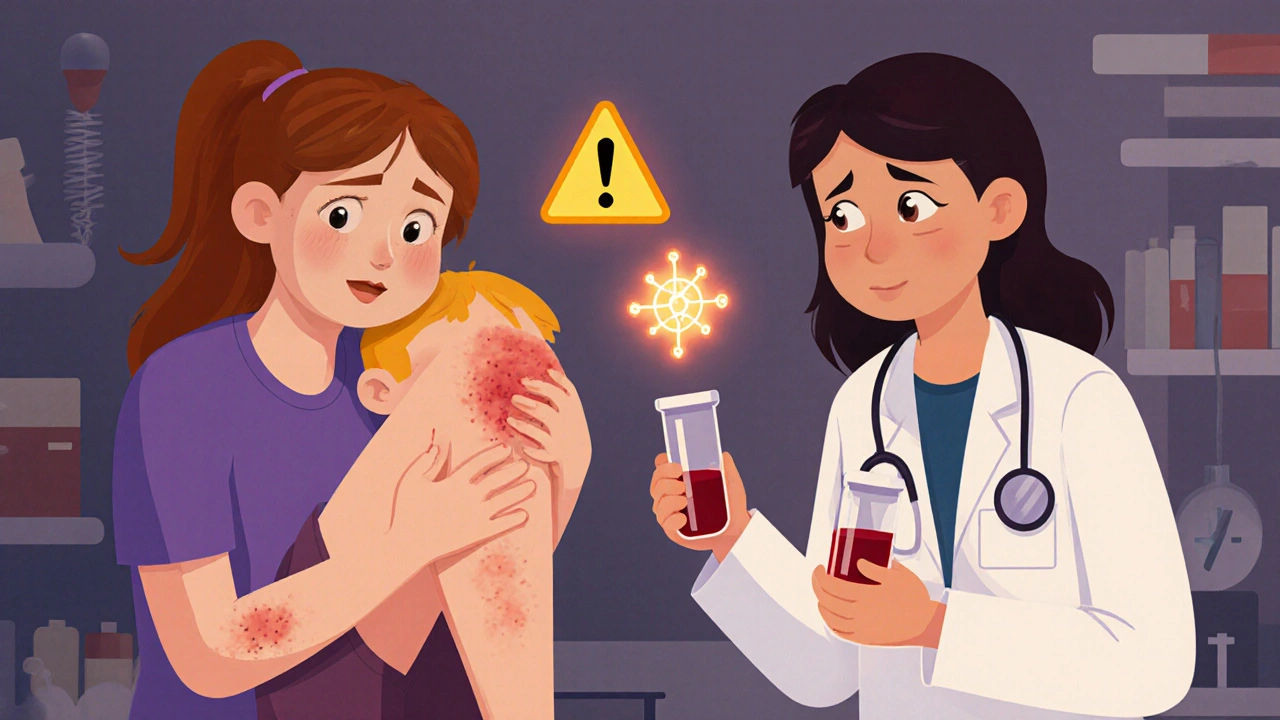When someone has hemophilia, a genetic bleeding disorder where the blood doesn't clot properly due to low levels of specific clotting factors. Also known as factor VIII or IX deficiency, it means even minor cuts or bruises can lead to prolonged bleeding—and internal bleeding can happen without any obvious injury. This isn’t something you guess at. Diagnosing hemophilia starts with noticing patterns: frequent nosebleeds, unexplained bruising, or swelling in joints after a bump. For boys, it often shows up early—sometimes when circumcision causes excessive bleeding or after a fall that leads to a swollen knee.
Doctors don’t rely on symptoms alone. They order a clotting factor test, a blood test that measures how much factor VIII or IX is present. This tells them not just if hemophilia is present, but how severe it is—mild, moderate, or severe. If the factor levels are low, they’ll often check family history, since hemophilia is inherited and usually passed through the mother’s X chromosome. In some cases, especially with no known family history, they’ll do genetic testing, to find the exact mutation causing the problem. This helps families understand risks for future children and guides treatment decisions.
Getting diagnosed early changes everything. Kids with hemophilia who are identified young can avoid joint damage from repeated internal bleeds. Adults who’ve lived with undiagnosed hemophilia often have chronic pain or mobility issues that could’ve been prevented. It’s not just about treating bleeding—it’s about stopping the cycle before it starts. The right diagnosis leads to the right care: regular infusions, emergency plans, physical therapy, and avoiding certain medications like aspirin.
What you’ll find in the articles below isn’t just theory—it’s real-world guidance. From how doctors interpret test results, to what happens when a child with hemophilia plays sports, to how lifestyle choices affect bleeding risk—you’ll see how diagnosis connects to daily life. These aren’t abstract medical reports. They’re practical stories from people managing hemophilia, and the experts who help them live well.
Posted by
Paul Fletcher
15 Comments

Early diagnosis of hemophilia prevents lifelong joint damage, brain bleeds, and disability. Learn the warning signs, testing options, and how timely treatment lets children live full, active lives.
read more